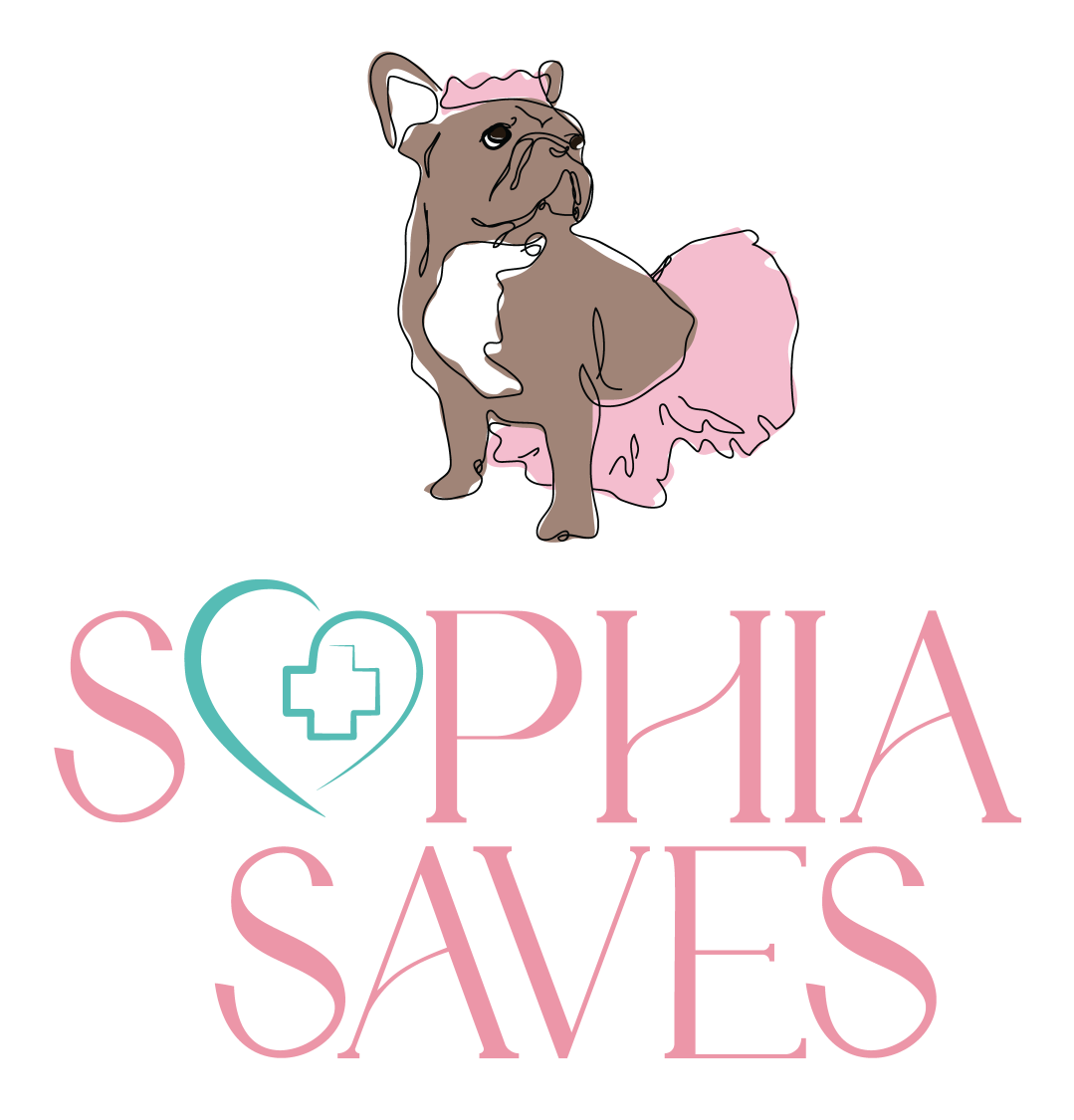For a PDF version of this article, click here.
NOTE: Always check with your veterinarian first before giving your dog any new foods,especially “people foods.” What might be okay for one dog might not be good for your dog, depending on multiple factors, such as their age, health history, health.conditions, and diet. If your dog is on a prescription diet, it’s not recommended toveer outside his/her diet treatment plan.
If available, purchase fresh, organic fruits and vegetables. If purchasing in a frozen format, make sure there are no seasonings, sweeteners, or any additives listed in the ingredients.
Fruits and Vegetables
Apples
Best to stay away from the shiny apples and purchase organic ones. It’s important to remove the stem, seeds, and core in its entirety. The apple seeds contain a plant compound called amygdalin, and when the seed is chewed, this compound breaks down into “hydrogen cyanide”. Cut the apple in small, bite size pieces to avoid your pet from choking.
Bananas
Bananas are one of the best treats you can give to your dog. It’s a good source of potassium, Vitamins C, B6 and biotin. It’s also a good source of fiber, and low in fat. Bananas have an elevated level of sugar content, so be careful to watch how much you feed your pet.
Beets
Loaded with fiber, minerals, Vitamin C, potassium, folate and magnesium.
Blackberries
Blackberries or loganberries are safe for most dogs to eat. They are full of Vitamins A, B, C, E & K, has antioxidants, fiber and Omega 3. Just like the raspberry, blackberries contain a certain amount of naturally occurring xylitol in them.
Blueberries
Low calorie treat, contains antioxidants, fiber, Vitamins C & K.
Broccoli
Filled with vitamins and nutrients like Vitamins C & K, and potassium. Great for heart health, bone density and immune systems.
Brussel Sprouts
Vitamins C, A, B1 & B6. The antioxidants can help reduce inflammation.
Cabbage
Part of the broccoli and cauliflower family, low calorie and high fiber food. Has Vitamins C & K, magnesium, and beta carotene. It’s okay to feed, moderation. is the key to avoid upset stomachs.
Cantaloupe
Like the other melons, cantaloupes are a great summer snack to rehydrate your dog when they get too hot. Some of the goodness found in a cantaloupe are Vitamins C & A, lutein, choline, selenium, beta carotene and zeaxanthin, all of which are antioxidants.
Carrots
A great crunchy snack that is packed with Vitamins A, B, C, D, E and K. Carrots also have potassium, niacin, beta carotene, calcium, phosphorous, lutein, lycopene and magnesium. It’s high in fiber so be aware of that.
Celery
Low in fat and cholesterol and is a great source of fiber, Vitamins A, C & K, folate, potassium and manganese.
Coconut
Lots of good stuff packed in this fruit/nut. Long and short is its non-toxic to dogs, but feed in moderation; can cause stomach upset and bloating. Can help decrease inflammation and helps to fight off the flu.
Cranberries (dried/fresh)
High in fiber and antioxidants, and safe to give your dog. Vitamins C, E, K, B1, B2, copper and manganese are packed in this little fruit.
Cucumbers
Good low-cal food; with a high-water content so a great treat to give on a hot summer day.
Green Beans
A low-cal, good source of fiber with vitamins and minerals that include Vitamin B6, A, C & K, and minerals such as iron and calcium.
Kale
In lesser amounts, cooked kale is safe and beneficial for your dog’s health. Despite this, there is controversy over feeding this vegetable to your dog. Calcium Oxalate and Isothiocyanates, two compounds found in kale, can be harmful to your dog’s health if fed regularly in large quantities. Before feeding your pet kale, consult your vet.
Kiwi
Kiwis are 80% water, which makes them a great summer treat. Kiwis are rich in fiber, vitamin C, potassium, and calcium. There are 220 micrograms of Lutein in one kiwi fruit. Lutein is a vitamin essential for your dog’s eye health. You should remove the peel and seeds before offering them to your pet. Kiwi peels are not digestible, and the seeds carry toxins when eaten in large quantities. You should cut the food into bite-sized pieces, just as you would with all other human foods you feed your pet.
Mango
The mango is another great summer fruit to rehydrate your dog on a hot summer day. Mangos have Vitamin A, antioxidants, fiber, protein, and potassium, which offers a ton of benefits for your dog. It’s important to note that the mango has a high sugar content and shouldn’t be given on a regular basis. For the mango, you will want to wash it, peel the skin, remove the seed, and cut up in small bite size pieces before offering to your dog. Some dogs may be allergic to mango, so it’s recommended to start out with a small amount of the fruit to see you’re your pet is handling it.
Oranges
Oranges are full of Vitamin C and potassium, in fact an orange has more potassium than a banana does, it also is full of fiber, and low in sodium. Also present is thiamine, folate and antioxidants, which are all important nutrients for your pet’s health. Oranges have a moderate level of natural sugar, so if your dog has diabetes, you will want to be cautious of how much you give him/her.
Pears
A safe, healthy snack, rich in Vitamin C and a good source of fiber. Make sure you core and seed the fruit, as the seeds can be toxic if eaten. Moderation is the key, and always check with your vet first.
Peas
Black Eyed Peas (legume) cooked plain, not seasoned, has a lot of health benefits for dogs, not to mention they are rich in vitamins and minerals such as calcium, potassium, folic acid, iron, fatty acids, Vitamin K and amino acids. English Peas low calorie veggie, great source of fiber, packed with Vitamins A, B, C & K. Rich in potassium, magnesium, zinc, thiamin, folate/folic acid, and manganese.
Pineapple
Contains high levels of Vitamin C, riboflavin, niacin, and Vitamin B6. It also contains high fiber and fructose, so be careful when feeding pineapple to your pet, so as not to cause an upset stomach, bloating or gassiness.
Pumpkin
Good source of fiber and Vitamin A; helps with digestion. Dogs cannot digest raw pumpkin, so it’s best to peel and cook it first. Or you can use canned, organic plain pumpkin puree’, never “pumpkin pie mix”.
Raspberries
A safe fruit, in moderation. The antioxidants found in raspberries are beneficial in dogs that suffer from joint pains. Be aware, raspberries are one of the fruits with the highest amount of naturally occurring xylitol. There are 0.05g of xylitol in 1 cup of raspberries.
Bell Pepper
This is a safe, dog friendly vegetable to feed your dog. It has so many vitamins and nutrients such as Vitamins A, E, B6, C, beta carotene, lutein, potassium, folate and fiber.
Potatoes
Potatoes are a debatable vegetable in whether to feed them to your dog. First, (cooked) do not feed your dog raw potatoes. The white potato contains high levels of solanine which is toxic to your dog and can irritate his/her intestinal tracts. Baked or boiled, with the skin off, and of course no seasonings added is how your dog can eat potatoes.
Sweet Potatoes are really the best option in the potato family and are considered healthier than regular white potatoes. Sweet potatoes are high in fiber, low in fats, they also have calcium, potassium, Vitamins A, B5, B6, C, and E. They also contain potassium and manganese.
Spinach
This is another vegetable where there are pros and cons, and not everyone agrees on whether you should feed it to your dog. According to the American Kennel Club, “Spinach Pros, Spinach contains large amounts of Vitamins A, B, C and K. It also contains iron, antioxidants, beta-carotene, and roughage, which stimulate the digestive tract.” They go on to state the “Spinach Cons, spinach is very high in oxalic acid, which blocks the body’s ability to absorb calcium and can lead to kidney damage.…Soluble oxalates, which contain oxalic acid, bind with magnesium and calcium, which can cause a sudden metabolic imbalance. Calcium oxalate is excreted through the kidneys and a large amount can cause kidney damage, even kidney failure.” https://www.akc.org/expert-advice/nutrition/can-my-dog-eat-spinach/
Strawberries
Safe to feed to your dog, with Vitamins B9 & C, manganese, potassium, fiber, antioxidants and malic acid. Just be careful, strawberries contain natural sugars and are high in sugar content.
Watermelon
Is a great fruit to feed your dog, Vitamins A, B6 & C, and potassium. Like the other melons, it’s a great way to hydrate your pup on a hot day. Make sure to remove all seeds and rind as that can cause stomach upset.
Zucchini
This is a great, low-fat vegetable to feed your dog. It’s full of fiber, so moderation is the key here to avoid an upset stomach. Aside from the antioxidants, Vitamins A, B6, C, and K are in zucchini. Also the nutrients potassium, zinc, maganese, magnesium, copper and phosphorus. You’ll want to cut up in bite size pieces to avoid choking.
Dairy
Cottage Cheese (plain)
Unless your dog is lactose intolerant, plain, low-fat cottage cheese is safe to your dog, as long as there are no other additives, i.e., sodium, fruits, nuts, etc.
Goat’s Milk
Sheep’s Milk
Yogurt – PLAIN
Meat, Fish & Protein
Beef
Bison
Chicken
Eggs
Lamb
Liver
Lobster
Mussels
Salmon
Sardines
Shrimp
Tuna (not canned)
Turkey
Sophia Says STOP
Alcohol
Asparagus
Avocado
Cherries
Cherry pits, leaves and/or stems are highly toxic, even in low doses. Four (4) unpitted cherries can cause cyanide poisoning, which could lead to death if not treated immediately.
*Chives
Chocolate
Coffee/Tea
Corn on the Cob
**Currants
Fried, Fatty Foods
*Garlic (suggested to be 5 x more toxic than onions)
Grapefruit
**Grapes
Highly toxic/poisonous even in lesser amounts because of the elevated levels of tannins, monosaccharides and flavonoids.
Ice Cream
*Leeks
Lemons
Limes
Macadamia Nuts
Marshmallows
Meats
No processed deli meats
Mushrooms
Nutmeg
*Onions
Peaches
Best to check with your vet first, the pits in peaches are just like the pits in cherries, containing doses of cyanide.
Persimmons
Pizza
Plums
Pomegranate
Not toxic, but could cause digestive issues like abdominal pain, vomiting and diarrhea.
Seeds
**Raisins
Rhubarb
Salt
*Scallions
Spinach
Since spinach is a controversial vegetable, it is also listed here on the “Don’t Eat” list. Your vet can give you the best advice on whether spinach is the right choice for your dog.
Sugar/Sweets
Unripe Tomatoes
Walnuts
Xylitol
Found in gum, candy, breath mints, baked goods, toothpaste, cough syrup, mouthwash, some peanut and nut butters.
Yeast Dough
*Dogs and cats can be poisoned by ALL onions in the Allium family (noted above with an “*”), in all forms (powdered and dehydrated) whether it is cooked or not.
** Grapes, raisins, and currants in ALL product forms are toxic to your pet.

